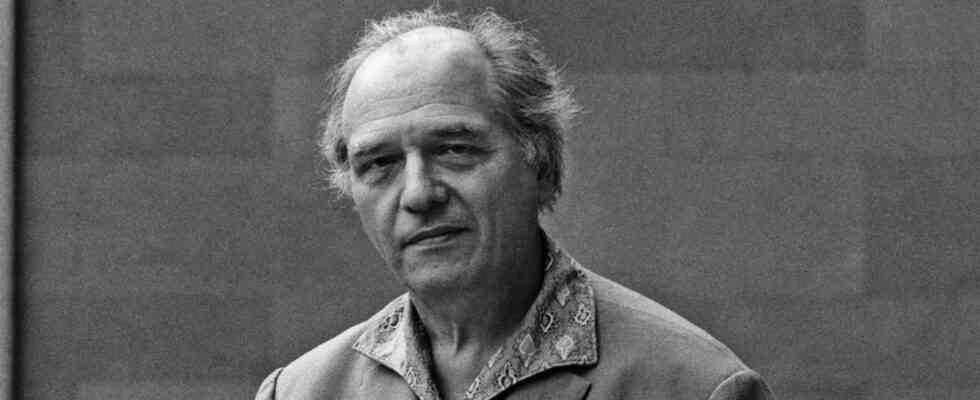The early music movement, which after 1945 led to Beethoven, Mozart, Bach and earlier composers being performed in a completely different way than before and often snoringly usual, was shaped like all other musical avant-gardes by men: Nikolaus Harnoncourt, John Eliot Gardiner, Jordi Savall, Philippe Herreweghe… Women conductors had it at least as difficult as in the classical music mainstream. One of the first and still most successful among early music conductors is Emmanuelle Haim, who founded her own group, Le concert d’Astrée, at the turn of the millennium. Last year she celebrated her twentieth stage anniversary. She has now released two of the anniversary concerts, in Berlin and Paris, on a live double album: “20 years. Une nouvelle fête Baroque” (Erato). Highlight of this baroque festival follows highlight here, there are snippets from Rameau and Campra, Purcell, Handel and Vivaldi, star singers from Rolando Villazón to Nathalie Dessay and Sandrine Piau are part of the party, and even Simon Rattle appears as a guest conductor. Haïm’s conducting is joy, exuberance, lightness, dance and always a dash of melancholy: what an infatuation!
Benjamin Alard plays all kinds of keyboard instruments, like the organ, the harpsichord, and the clavichord, as was once the case in the baroque era. Alard, born in 1985, also has a big dream: he wants all works by Johann Sebastian Bach for keyboard instruments record and has also found a record company in Harmonia Mundi that will play along with this insane project. In the meantime, Alard has arrived at his sixth Bach album. He’s playing an original clavichord built in 1763, a small instrument for home use, the practice book for Bach’s son Wilhelm Friedemann. This is followed by the much more famous first volume of the Well-Tempered Clavier, this series of 24 pairs of pieces through all the keys, on an original harpsichord from 1740, this instrument also enchants. In the practice book, eleven pieces from the later collection are preserved in their early form, which explains the composition. Alard plays urgently and confidently, brightly and clearly.
Luca Guglielmi is just as curious and imaginative a keyboard player as Benjamin Alard. The first part of Bach’s Well-Tempered Clavier he has long since recorded on the harpsichord. Now, with Avi, he is letting the second one follow, composed more than 20 years later, albeit on a copy of a fortepiano by the famous piano maker Gottfried Silbermann. That’s an early piano that was invented in Italy around 1700, but didn’t catch on for a long time because it was too quiet. The fortepiano also lacks the pathetic power of the modern piano in a pleasant way. Bach knew and appreciated Silbermann and his rather expensive instruments. More decisive than such historical aspects, however, is that the music of late Bach sounds clearer, more resolute and more modern on the fortepiano than on the harpsichord, at least in the case of Guglielmi.
Like Bach was too Olivier Messiaen obsessed with organ, piano and church music. But Messiaen was also a man of color and nature, both of which shaped his music, which is always warm and full of birdsong. This makes him one of the most popular composers of the 20th century. The pianist commemorates the 30th anniversary of Messiaen’s death Alfonso Gomez now to this composer. the “Vingt regards sur l’Enfant-Jésus” are a two hour cycle of 20 meditations portraying Jesus as an infant, full of promise, joy and hope. (Cairos)
String quartet: the form is associated with Vienna around 1760. The discovery of the violinist and conductor is all the more surprising Fabio Biondi now with six quartets from Carlo Monza made, a composer who was famous in Milan at the time and has since been consistently forgotten. Biondi’s quartets are short, cheerful pieces with titles such as “Opera in musica” (that’s also the name of the CD released by naïve), “Jagd”, “Vulkans Schiede” or “Nachtliches Freude”. This album is a cheerful pleasure at every moment. Monza’s charming music is not only a well-deserved respite from the highs of Bach and Messiaen, it can also compete with them.

